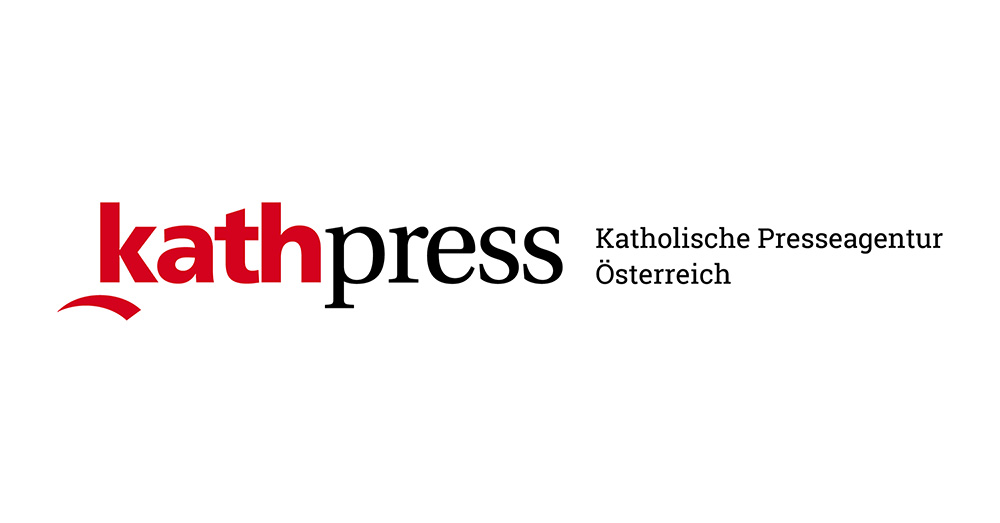Jakarta, August 29, 2024 (KAP/KNA) The meeting at the headquarters of the Indonesian Islamic organization Nahdlatul Ulama (NU) begins late but hospitably. Cleric Yahya Cholil Stakuf willingly provides information on what Muslims in Indonesia can expect from the upcoming papal visit. As head of the NU management team, he knows Francis personally after several meetings in Rome.
“We want to show the whole world that Indonesia is a living example of what the Pope and the Grand Imam of Al-Azhar University in Cairo started,” the official said, referring to the joint statement on fraternity published in Abu Dhabi in 2019. All people. The meeting between Francis and Grand Imam Ahmed el-Tayeb in the Arabian Peninsula is a historic event for Christian-Muslim dialogue.
Islamization of Arab merchants
Nahdlatul Ulama (“The Nahdlatul Ulama”) has more than 95 million members. Yahya Khalil Stagf describes the organization as representing moderate, traditional Islam—in contrast to that of Saudi Arabia. “The Saudis are conservative, but they are certainly not traditional. Their model of Islam only emerged in the 18th century.” The religious scholar explains that in the Indonesian archipelago, a continuous line of tradition has been maintained since the beginning of Islamization in the 13th century by Arab traders. This has been culturally rooted in Indonesian society.
Just a few kilometres from NU’s headquarters, Father Franz Magnes-Suseno lives and works at the philosophy faculty he founded. The Nuremberg-born Jesuit is well-connected in Indonesia and his voice is heard by those in power. “The Catholic Church has established good relations with Nahdlatul Ulama and Muhammadiyah,” says the 88-year-old. With some 50 million members, Muhammadiyah is the second-largest Islamic collective in the world’s most populous Muslim country.
The relationship between Muslims and Christians is not without tension. During the ten-year rule of Susilo Bambang Yudhoyono (2004-2014), extremist and radical Islamic groups gained strength. The targets of their attacks were churches, but also places of worship of Shiites, who are seen as apostates, and the Ahmadiyya religious community. “The world is not an easy place to live in. Extremist groups are everywhere,” says Yahya Khalil Stagf, somewhat evasively. Indonesia is traditionally a country of social harmony and tolerance. This will be ensured by an institutional framework for interfaith communication and cooperation.
Radical Islam on the defensive
Radical Islam has been pushed back, especially during the second term of outgoing President Joko Widodo, who has been in office since 2014. The Minister of Religious Affairs, Yaqut Cholil Kumas, brother of the head of Nahdlatul Ulama, as well as representatives of the church and Nahdlatul Ulama itself, played a role in this. Radical Islam is currently on the defensive in Indonesia, but it has not disappeared. Its followers can also be found in the ranks of the two Islamic mass organizations.
However, Jesuit Magnes-Suseno is optimistic about Indonesia's social and religious future. The vast majority of people and politicians have formed a “grand alliance of the secular state” with Nahdlatul Ulama and Muhammadiyah as representatives of mainstream Islam. Magnes-Suseno is certain that “Nahdlatul Ulama and Muhammadiyah are afraid of radical Islam.”
The priest will be among the monks who will soon be allowed to meet the pope. During his trip to Asia, Francis will visit Indonesia from September 3 to 6 — primarily to promote interfaith dialogue with Islam, a central theme of his papacy. “I didn’t really want to be that prominent,” says Magnes-Suseno. “I thought the younger Jesuits should be given priority. But the pope insisted on meeting the last three surviving Jesuit elders who had come to Indonesia as missionaries.”
For both Franz Magnes-Suseno and Yahya Choelil Stagf, the papal visit is a sign that interfaith brotherhood is indeed possible. An architectural symbol of solidarity is a tunnel in Jakarta, built especially for the visit – between the Catholic Cathedral and the Istiqlal State Mosque.
(The Kathpress topic pack containing numerous reports on the Pope's trip to Indonesia, Papua New Guinea, East Timor and Singapore is available at www.kathpress.at/Papst-in-Suedostasien)

“Food practitioner. Bacon guru. Infuriatingly humble zombie enthusiast. Total student.”








More Stories
Kyiv: Russian Kursk offensive halted
US Presidential Election: Former US Government Officials Warn Against Donald Trump's Election
Netherlands wants to leave asylum system